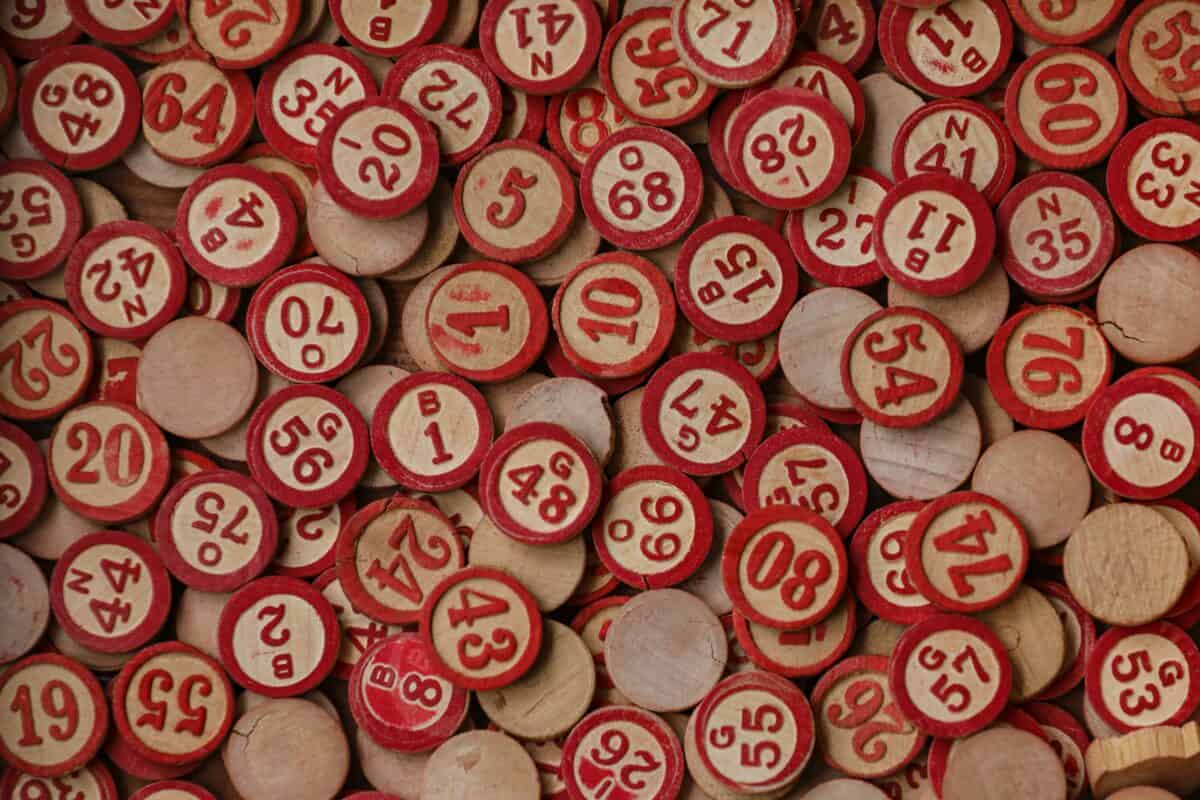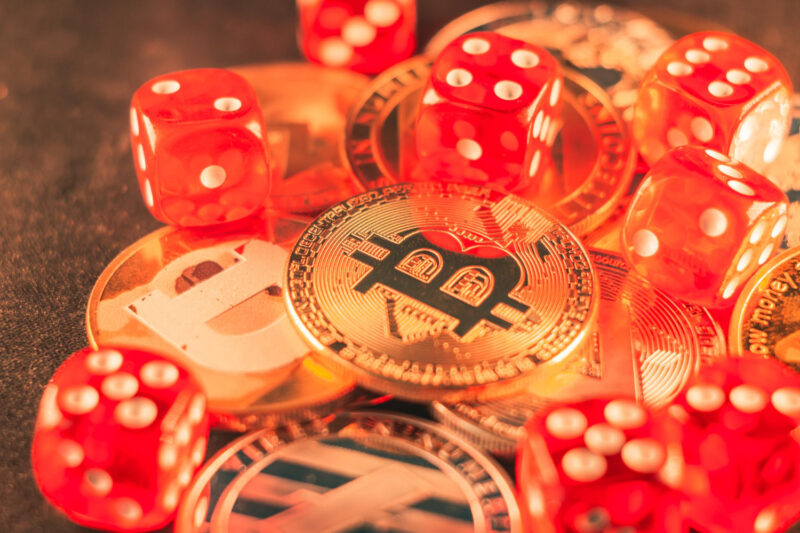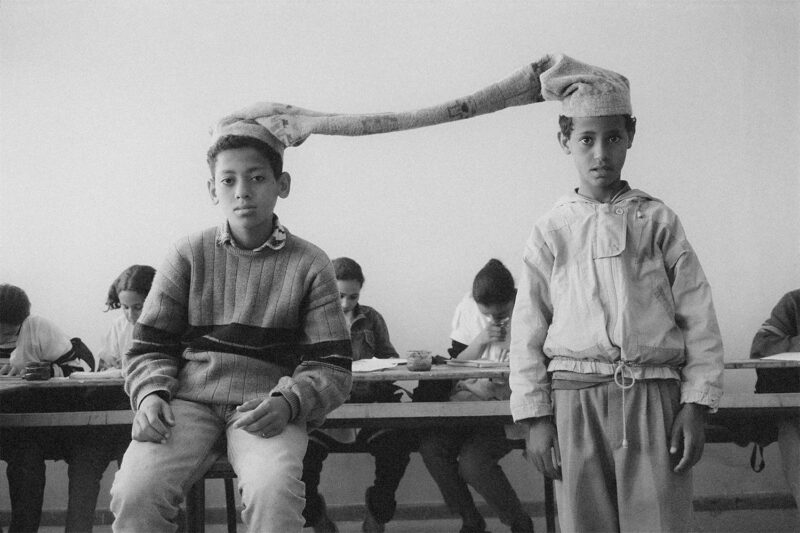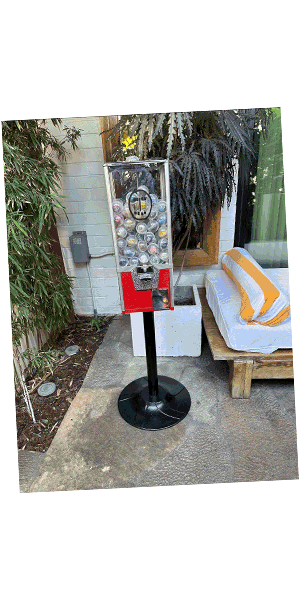
Many people wrongly believe that games can’t help to develop mental skills. In fact, some of the earliest objections to arcade gaming and at-home consoles for video games cited a lack of discipline. The idea was that gamers would waste their intellect in recreational pursuits thanks to developers like Nintendo and Atari.
However, games can help develop the mind in a variety of ways. In fact, video games have been linked to quicker and more accurate decision-making, teamwork building, and even improved hand-eye coordination. In other words, games (whether digital or not) aren’t just a way to pass the time, but can also help develop critical thinking skills—even in areas un-related to gaming.
One of those critical thinking skills is probability. From basic games played with the hands to mega-popular game shows, there’s a huge variation in how we learn about probability and develop our math-based knowledge—no matter which subjects we’re interested in. Keep reading to learn more about five diverse games that include probability.
Roulette
Though most people associate roulette with a spinning wheel and plenty of excitement, the game involves quite a bit of math. Whether playing online roulette or live at a brick-and-mortar establishment, players are toeing the line of probability. Many people choose to place their bets based on a favorite number, like a birthday, but others will dive deep into strategic approaches like the Martingale System, for example. However, just like the other titles on this list, roulette involves a balance of both probability and chance.
Rock, Paper, Scissors
The game of roulette involves incredibly complex systems of probability. Depending on which variation of the game a person plays, they will have close to forty options to wager on (either together or separately). However, in rock-paper-scissors, the game provides a clear thirty-three-percent chance of a win thanks to the game’s three options.
Even though the player’s chances of a win are high compared to other titles on this list, it’s still a game of both skill and chance. Despite this, there are plenty of systems designed to help a player win—just like roulette’s Martingale System.
Yahtzee
This dice game requires players to accrue points based on a roll of the die. Over the course of the game, players tally up their scores in the hopes of earning bonuses… but much of the complex gameplay is based on probabilities. Most players want to roll the infamous Yahtzee—but they only have a .08% chance of doing that. Because of the slim chance, many players adjust their strategies in hopes of earning points with other combinations.

Deal or No Deal
Back in 2005, Deal or No Deal was first aired on TV. The idea of the game is simple: players must choose from 26 briefcases, each of which contains a different sum of money from a single cent to $1 million. Though not many at home watching understood, the game involves mathematical probabilities—which can give some players an edge.
In fact, the game show has since become something of a phenomenon for those who are numbers oriented. Countless thinkers have pored over the probabilities at play, much of which is concerned with the contestant’s original choice. Throughout the game, they have the option of swapping out their briefcase for another… but does it alter their chances of walking away with a win? It depends on who you ask.
Bingo
Once again, most players enjoying a game of bingo aren’t aware that probabilities play a huge part in how the game pans out. The probability behind bingo depends on the number of cards in play and the number of places on the cards. In other words, however many cards you’re playing increases your chance of winning in direct correlation to the number of cards there are as a whole. But some players have dived much deeper into the probabilities present, calculating the chances of a perfect bingo card or the average number of calls needed for a winner to be named.









